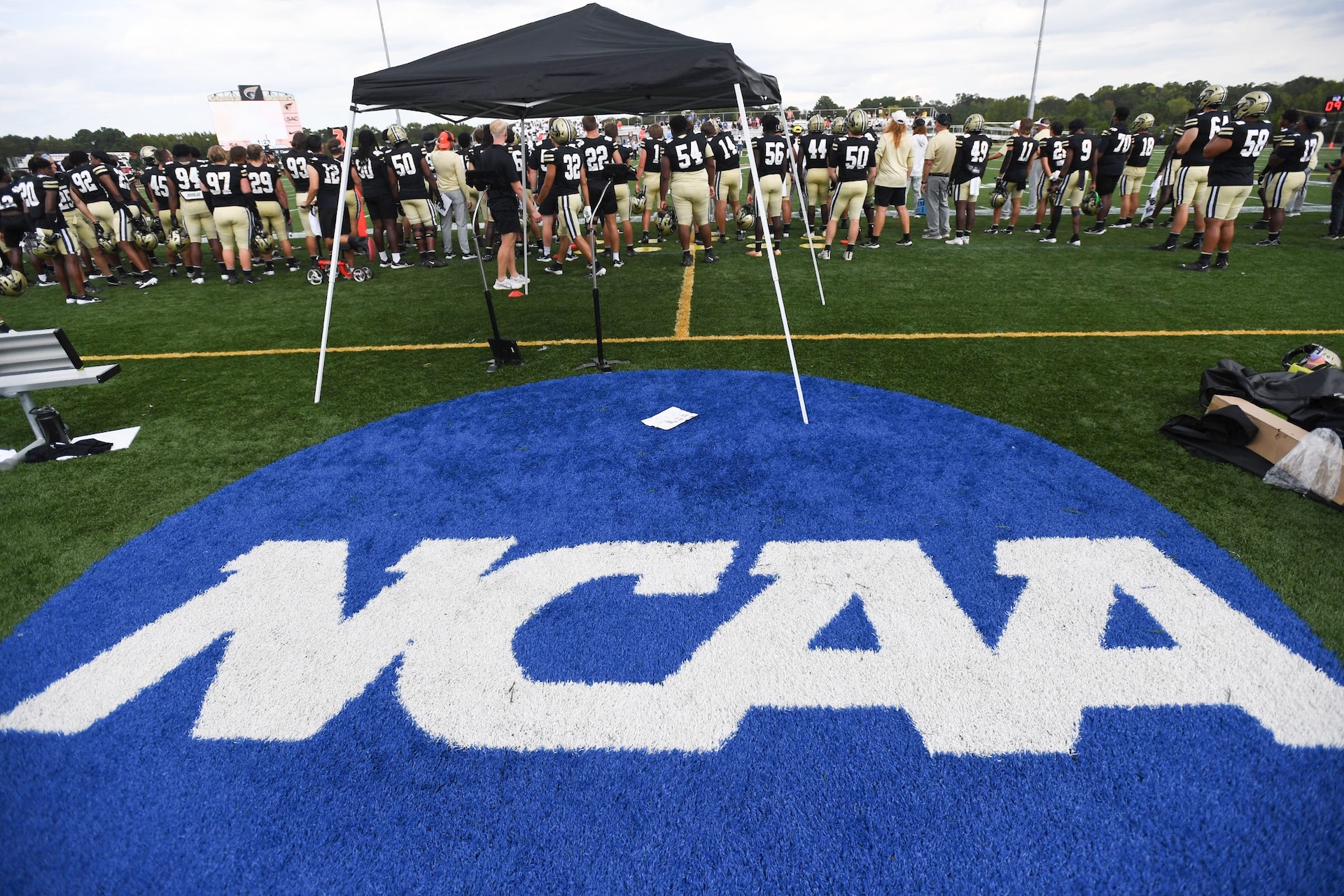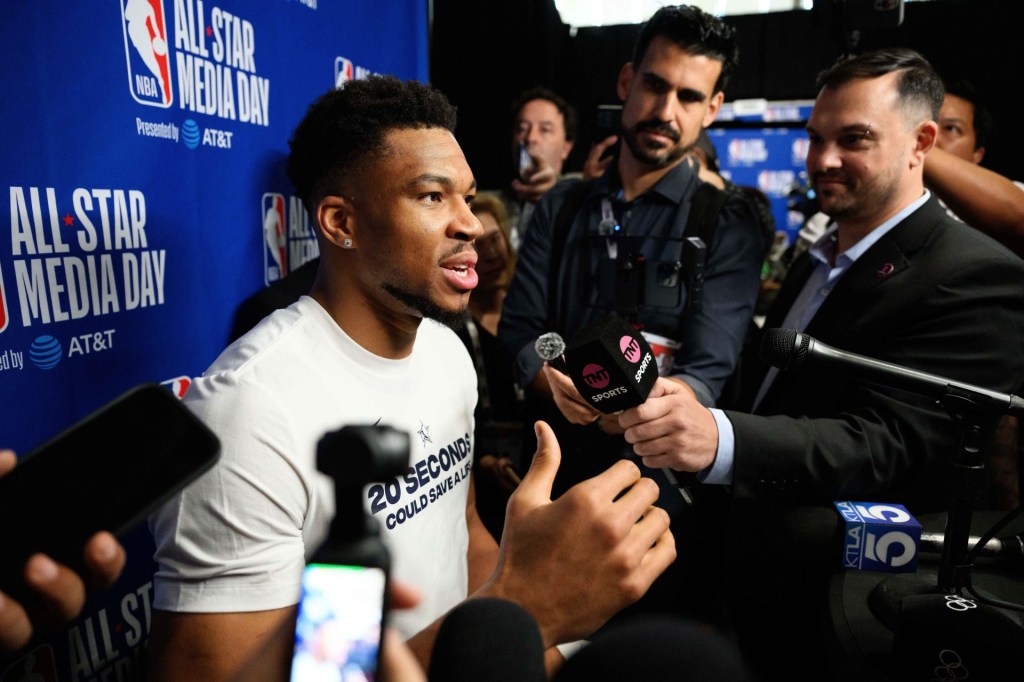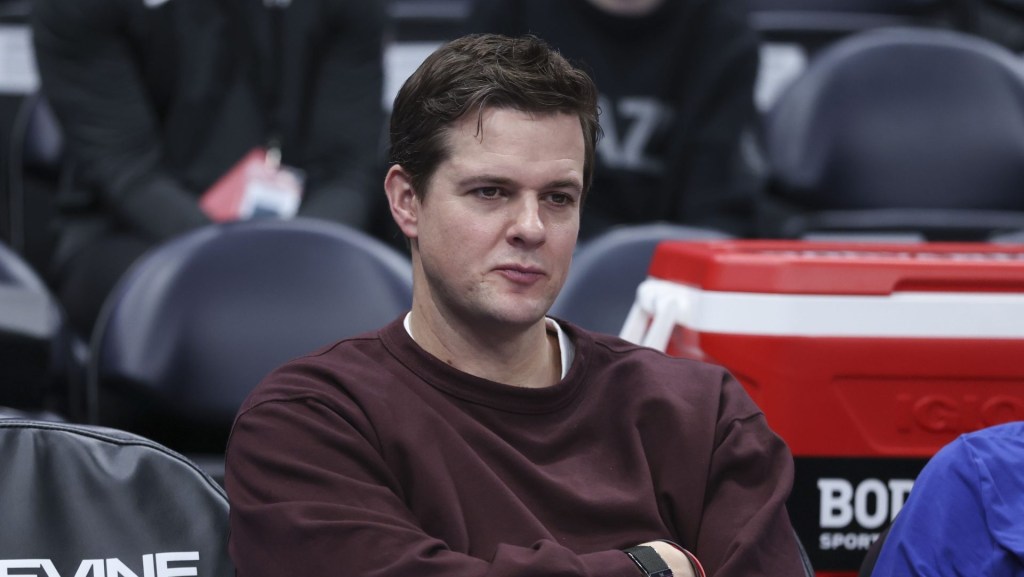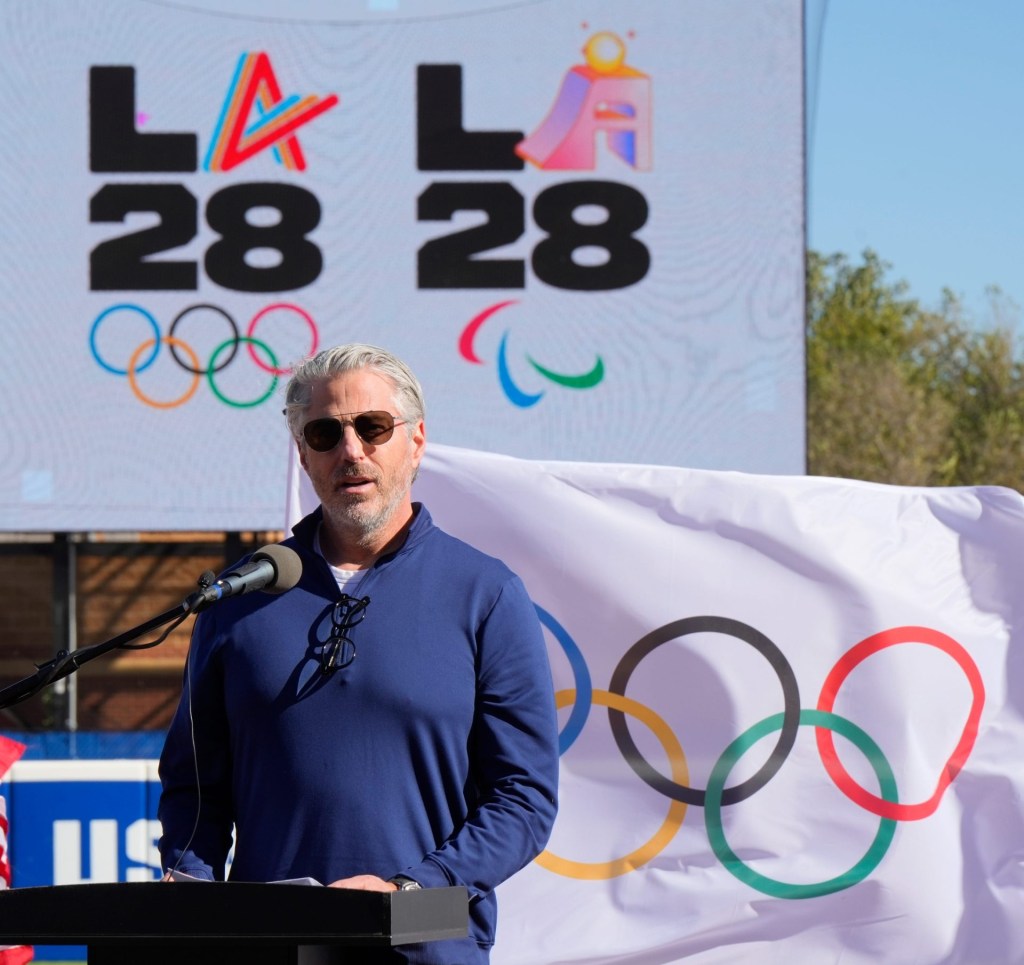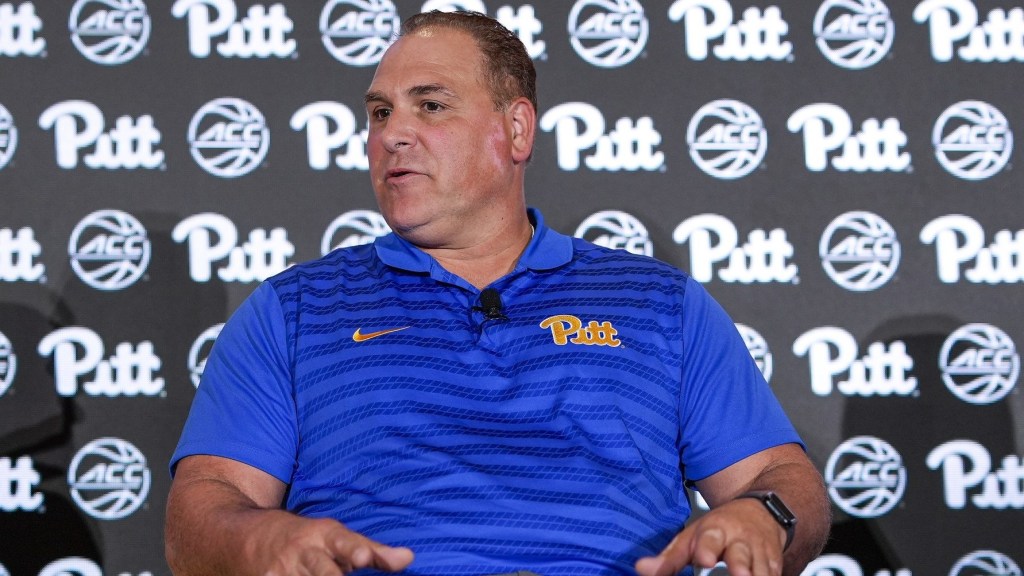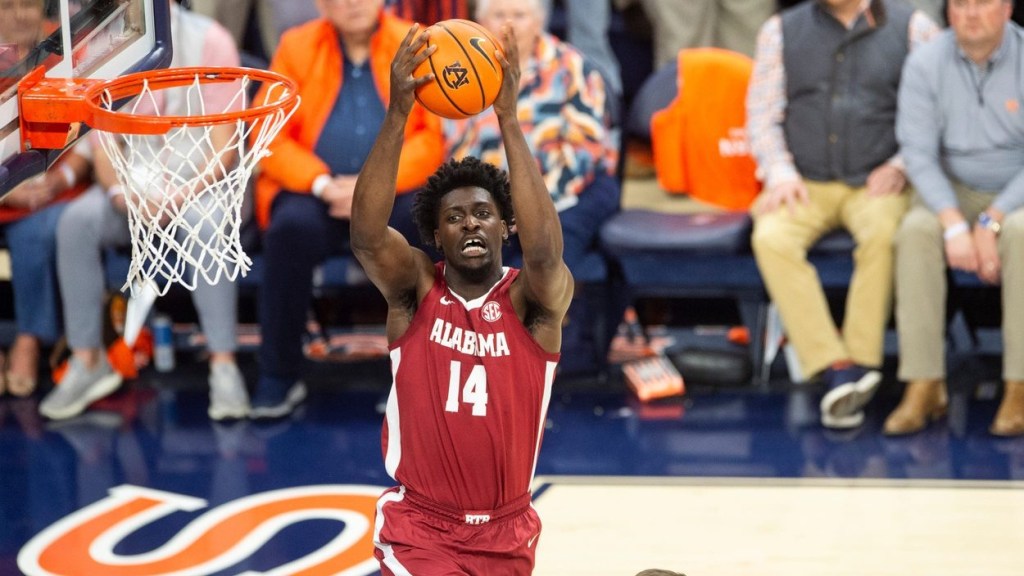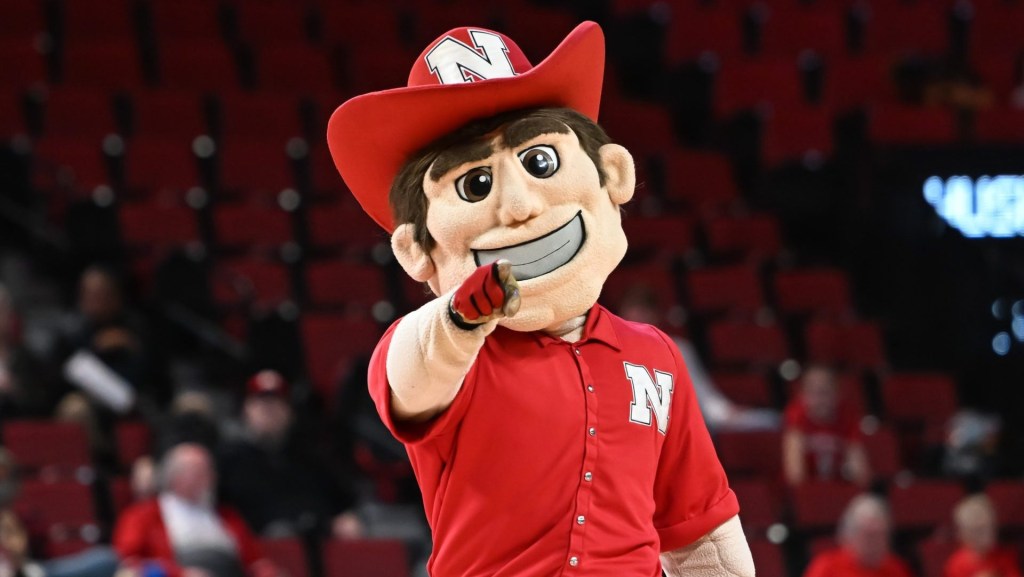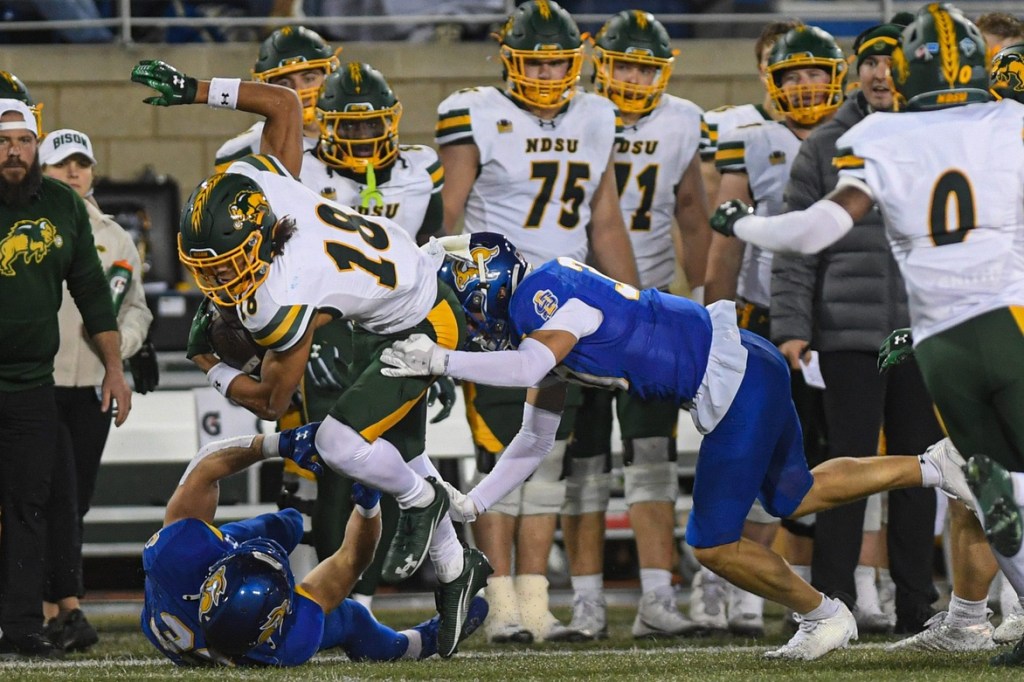The House v. NCAA settlement proposal faces opposition from multiple state lawmakers.
On Thursday, a group of state legislators released a joint statement saying their state laws directly conflict with the terms of the settlement. The lawmakers made the statement in conjunction with the National College Players Association, the college athlete advocacy organization that has worked with state lawmakers on name, image, and likeness (NIL) legislation for several years.
“We worked hard to adopt NIL laws specifically to end the NCAA and conferences’ unjust NIL restrictions imposed on college athletes in our states. Our state NIL laws passed with overwhelming bipartisan support,” State Sen. Nancy Skinner (D., Calif.), Sen. Megan Hunt (I., Neb.), State Sen. James Manning Jr. (D., Ore.), and State Steven Bradford (D., Calif.) said. “Terms in the preliminary settlement in House v. NCAA attempt to allow the NCAA and conferences to restrict our college athletes’ freedom.”
The settlement, which could receive the final stamp of approval from a judge in April, allows for the NCAA and former Power 5 conferences to pay $2.8 billion in damages to athletes who couldn’t receive NIL earnings before 2021. It also creates a template for revenue-sharing, allowing schools to share up to a certain amount with players in their athletic department every year.
But it also places new restrictions on NIL. It would allow a third party to run a “clearinghouse” with the ability to block any NIL deals offered by boosters or collectives offering “fair-market value” for NIL activities, like endorsements or autograph signings. The goal is to prevent deals they see as “pay-for-play.”
The state lawmakers said that the cap on revenue-sharing as well as the NIL clearinghouse violate multiple state laws. They also note that, because the states themselves aren’t parties to the lawsuit, they’re not bound to its terms.
They are urging schools to consider state laws when putting together their future compensation strategies. They also said they are sending letters to universities that “clarify that, even if this settlement is granted final approval, our universities, conferences, and the NCAA are prohibited from imposing such NIL restrictions on athletes and universities in our state.”
At least 17 states—including Michigan, California, New York, and Ohio—prohibit “restrictions on athletes’ freedoms to earn NIL compensation from collectives as described in the settlement,” according to NCPA executive director Ramogi Huma. Four states also already have laws that let schools pay players already.
The NCAA is working to stop this dynamic with a lobbying campaign to get Congress to codify the terms of the settlement, and therefore override these state laws. The governing body also hopes to insert a provision stating athletes cannot be classified as employees.
Huma, meanwhile, tells Front Office Sports he is working with lawmakers to pass similar state laws. But he notes, “Unless the NCAA can enforce NIL restrictions on all universities, it won’t enforce NIL restrictions on any universities. The universities in the other states aren’t going to be handcuffed while universities in other states are free. We’ve seen this dynamic since July 2021. Even states with no NIL laws had athletes engaging in NIL activities.”
